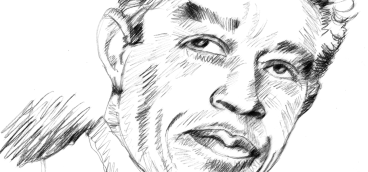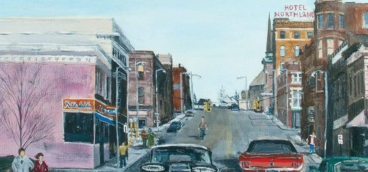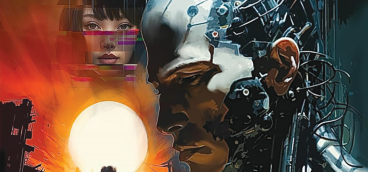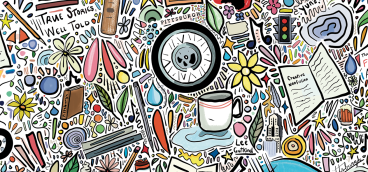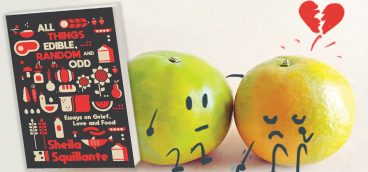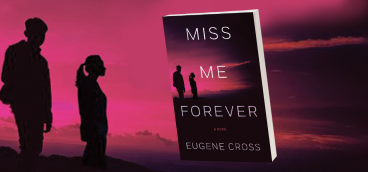Drue Heinz Winner Explores the Difficulties of Family
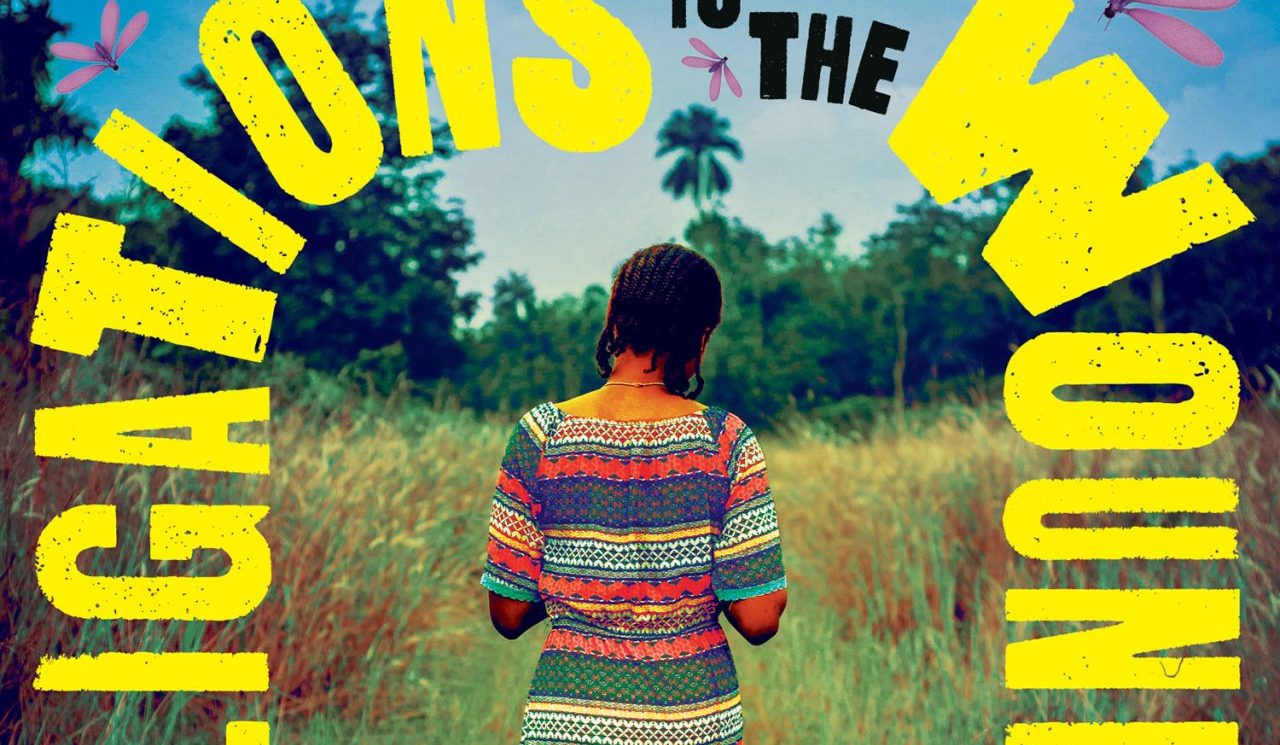
Maya Angelou once wrote, “To describe my mother would be to write about a hurricane in its perfect power. Or the climbing, falling colors of a rainbow.” Indeed, the relationships between mother and daughter found in literature make for a complicated spectrum, sometimes veering toward melodrama or bursting with profound insight — Amy Tan’s brilliant book, The Joy Luck Club, being a favorite of many for its multi-generational perspectives. As the 2024 winner of the Drue Heinz Literature Prize for Obligations to the Wounded, Mubanga Kalimamukwento’s name should be added to that list. Her collection delves into the difficult landscapes of family, with messy relationships centering on 16 mostly successful short stories.
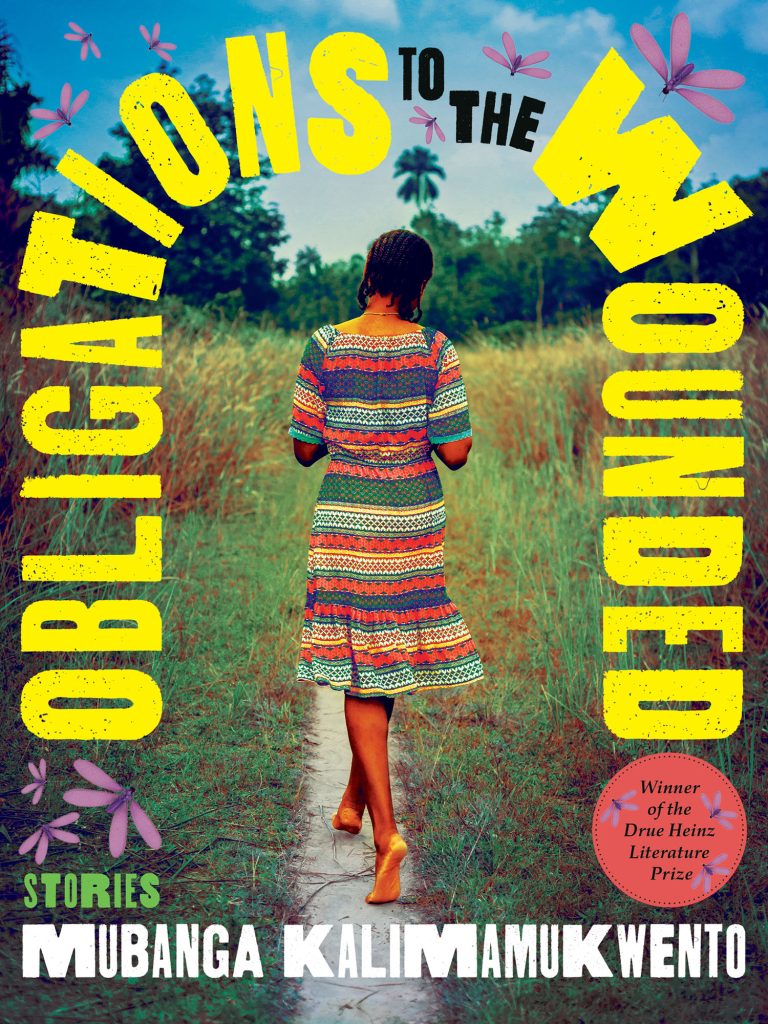
by Mubanga Kalimamukwento
University of Pittsburgh Press ($24.00)
Kalimamukwento is a Zambian native who often uses her African nation as backdrop. Place and idiomatic language play a role in her stories, though the conflicts remain universal. In the opener, “Azubah,” Funso maintains her familial distance in America as sister Chisomo takes care of their mother, the titular character back home. Funso’s arrival back in the motherland brings up old tensions even as Azubah’s memory has become “fragmented … this sped-up movie, with someone else hogging the remote, arbitrarily clicking ‘pause’ and letting her watch a still-shot for a beat before hurtling her into another place and time.” The mother’s dementia allows Funso to confront parenting missteps, regrets and anger. It also brings them closer as the daughter attends to her needs and they try to communicate the past through old photos. Those memories — “more whiff of her” — will linger like a perfume nobody can seem to identify.
In “Inswa,” the conflict presents itself in the first line: “When I was thirteen, my best friend kissed me.” The title describes “the termites that swarmed Mutengo Village after the rains.” It works as an outstanding metaphor for the confusion of emotions the protagonist, Mjemile, expresses inwardly, “Joy, or shame?” The use of inner dialogue is a feature that the first African writer to win the Drue Heinz Prize leans on to great effect throughout, granting readers access to her protagonists’ innermost thoughts. Each story uses a proverb from some of Zambia’s 70 different tribes as an epigraph, lending authenticity and perspective.
That distinct worldview stretches 8,000 miles to Minnesota in “A Doctor, a Lawyer, an Engineer, or a Shame to the Family.” An epistolary, written “about what it means to be Zambian, from aunt to newborn niece,” reads like a mashup of familial expectation and a detailed listing of failure while also highlighting the culture’s male favoritism and narrow paths for a young woman to avoid being seen as a “disappointment.” And while the letter that is central to the story isn’t to be shared until the child turns 16, Obligations to the Wounded deserves some immediate attention.




